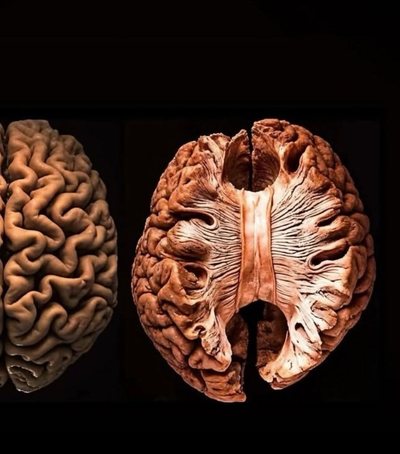
A worrying phenomenon is increasingly attracting the attention of doctors and scientists in the United States: the significant increase in cancer cases among young adults. This trend, which has become more evident in the last decade, is raising serious questions about how we live, what we consume, and what our exposure to environmental and social risk factors is. For this reason, Daniela J. Lamas – a physician specializing in lung diseases and critical care, as well as an opinion writer for The New York Times – is calling for immediate and serious intervention at the federal level.
In a recent opinion piece published in The New York Times, Lamas argues that the rise in early-stage cancer is not an issue that can be addressed with superficial measures. “Early-stage cancer appears to be an area where the interests of Health Secretary Robert F. Kennedy Jr. align with scientific priorities,” she writes. This alignment, she says, represents a rare opportunity for policy to move in harmony with the demands of a health emergency, beyond ideological debate.
Cancer in young people is no longer an anomaly, but a clear signal of the impact of a lifestyle that includes high consumption of highly processed foods, low levels of physical activity, irregular sleep and constant exposure to chronic stress, pollution, and toxic substances. Lamas adds that it is time to focus on the real factors that affect the long-term health of the younger generation. This is not just an individual issue, but a national challenge that requires interagency coordination and significant funding for in-depth research.
“If Robert F. Kennedy Jr. really wants to make America healthy again,” she writes, “perhaps it’s time for him to abandon futile investigations into the link between vaccines and autism — a theory that has been scientifically debunked — and focus on the area where he can have a real impact: on the prevention and early diagnosis of cancer in young people.”
This call is not just a critique of current political priorities, but a call for immediate action. Because if we do not respond to this trend now with science-based policies, the health of future generations will face a profound crisis that can be avoided – if we act today.
Source: https://www.nytimes.com/2025/04/04/opinion/health-cancer-rfk-young





